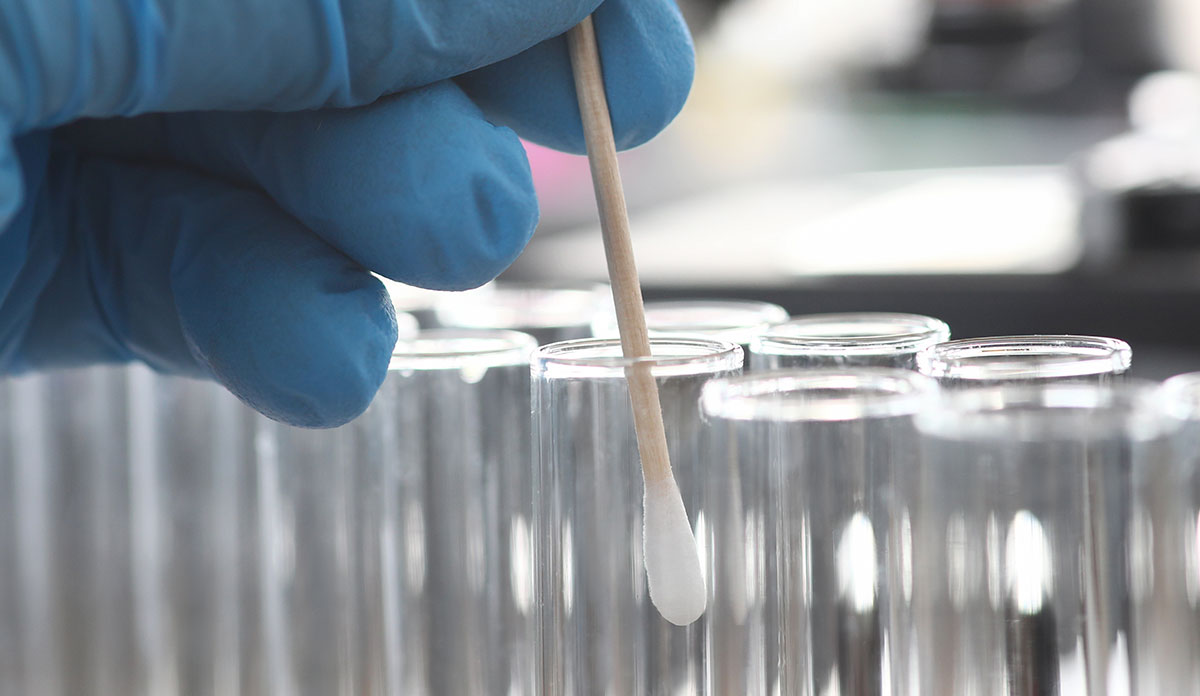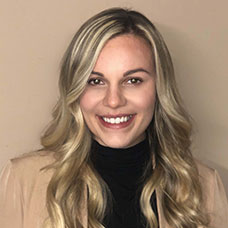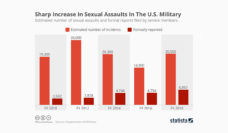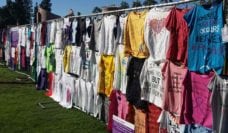Content Warning: Sensitive topics are heavily discussed throughout this post, including those of sexual violence.
* This article will be focusing on sexual violence and access to sexual assault evidence collection kits of adult victims and survivors (those who are 18 or older). These circumstances and procedures are often different for children. *
Sexual violence and abuse are traumatic experiences for victims and survivors, with short- and long-term psychological, emotional, and physical impacts. Every 68 seconds, another person living in the United States is sexually assaulted, accounting for nearly one in five women and one in 38 men. Certain communities are at higher risk, including transgender students and Native Americans.
Approximately two out of every three sexual assaults are not reported to the police. This is due (among other reasons) to fear of retaliation, belief that police departments won’t do anything to help, or belief that the matter isn’t important enough.
If one does choose to report their assault — or would like to at least preserve the evidence for later — a sexual assault forensic exam can be performed. This is done using a sexual assault evidence collection (SAEC) kit, commonly known as a “rape kit,” designed to collect all physical evidence, including specimens that can be traced for DNA.
However, victims and survivors who want to have an SAEC kit completed can face multiple barriers. These include shortages of staff trained in providing SAEC kits, concerns about the timing of when an exam can be given, and the need for specialized care.
Shortages of Trained Staff in Hospitals
Not all hospitals provide sexual assault forensic exams. Staff specifically trained in completing SAEC kits — known as Sexual Assault Nurse Examiners (SANEs) or Sexual Assault Forensic Examiners — typically conduct the examination. The U.S. is facing a national shortage of SANEs. This is one of the largest barriers to access.
In 2018, the U.S. Government Accountability Office released a report assessing the availability of SANEs and health care facilities with examiner programs in Colorado, Florida, Massachusetts, Nebraska, Oregon, and Wisconsin. All six states reported that the number of available examiners in their state did not meet the demand for exams. This is particularly prevalent in rural areas. For instance, nearly half of all counties in Wisconsin and most counties in Nebraska reported having no examiner programs.
Exams Need to be Completed ASAP
Even if a trained examiner is registered within a hospital and crisis center network, they might not be available to perform an exam for several hours. This timing is crucial, especially for situations where SAEC kits are used as evidence in criminal cases. Depending on local laws, SAEC kits must be completed no more than 72-96 hours after an assault. In rural areas, this time lag is exacerbated by other access barriers such as distance and transportation expenses.
The Need for Specialized Care
Specialized patient care is also critical. Accessing and undergoing a sexual assault forensic exam is a complex and vulnerable experience, especially considering the mental and emotional state one may be in after an assault. SAEC kits are extremely invasive and can take several hours to be completed. Education on the exam process and compassionate care throughout need to be provided to victims and survivors so that they feel comfortable and informed. As such, a patient can choose to end the exam at any point.
Only a small portion of reported sexual assaults make it to trial, which can be attributed to additional barriers such as the rape kit backlog. Timely completion of an SAEC kit is a key component in moving a case forward. We know that the critical barriers are a shortage of trained staff, time constraints, and the need for specialized care. It is essential that we continue to assess and address how to overcome these barriers and provide adequate care for victims and survivors.
Resources:
National Sexual Assault Hotline: 1-800-656-4673
Lifeline Crisis Chat: https://hotline.rainn.org/online
Find Your Local Rape Crisis Center: www.centers.rainn.org
Photo via Getty Images














